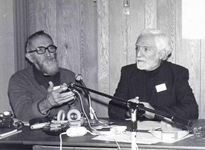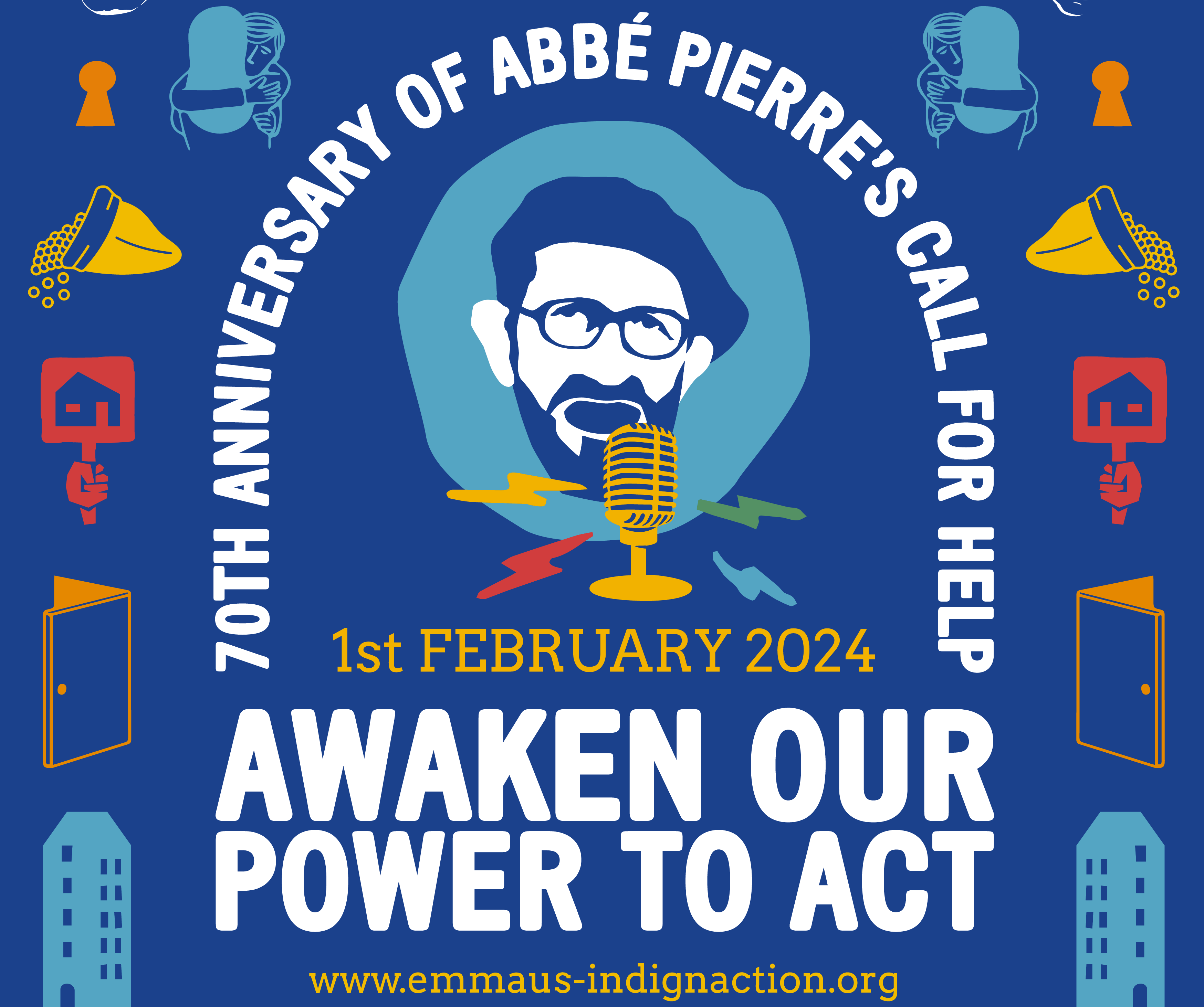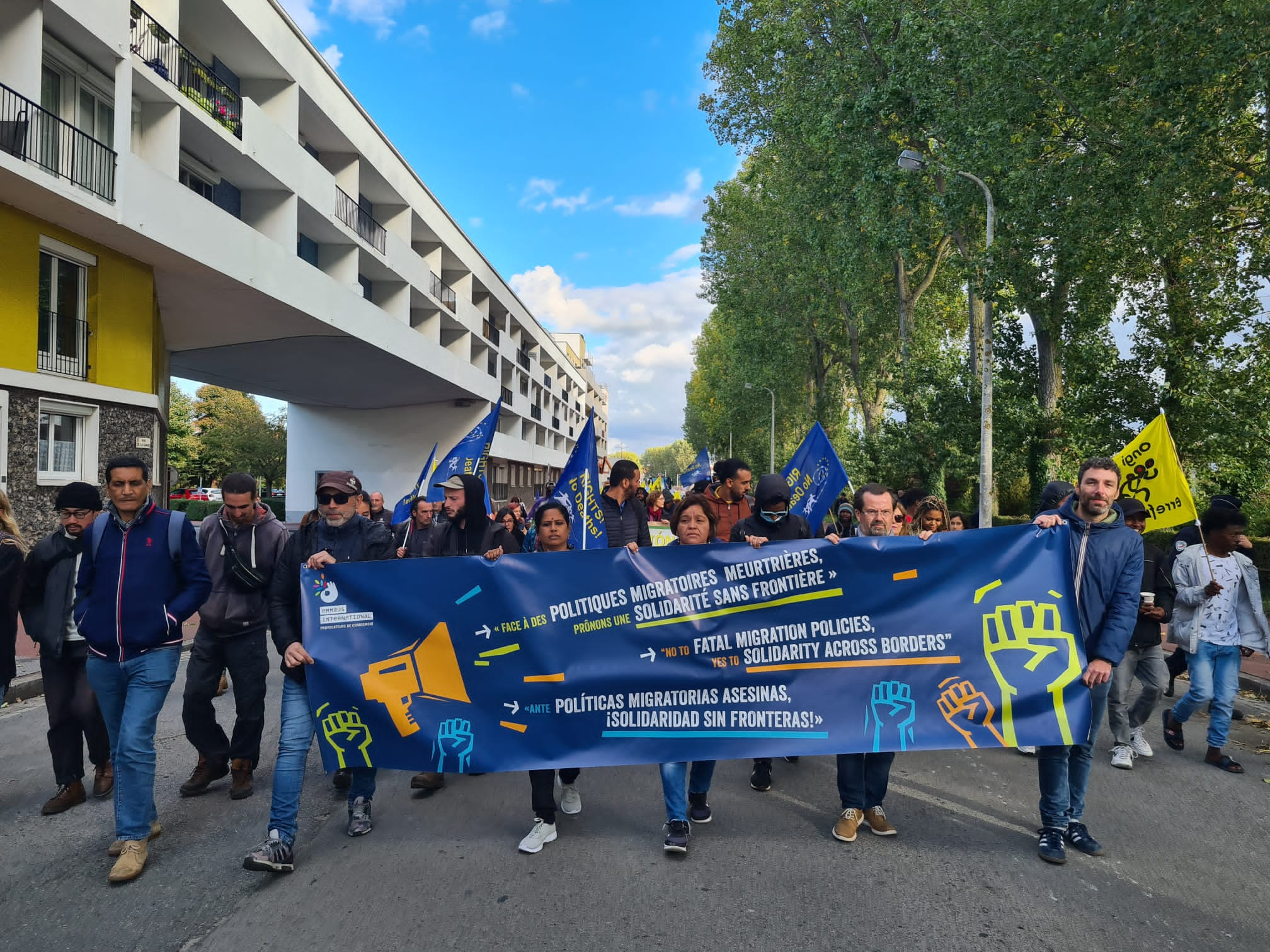Grégoire Haddad: the passing of a rebel

He died as he lived; simply, discreetly and humbly. Grégoire Haddad – “Father Grégoire” to close friends and members of what could today be described as civil society – reached his Absolute, Christ, on the eve of the Nativity.
In a way, in passing, he performed the ultimate return to the source, a theme which marked the richest period of his religious life. By the mid-1970s, the man who presided over the fate of the deeply troubled Greek Catholic diocese of Beirut and Jbeil from 1968 to 1975 had acquired a re-nown which extended far beyond Lebanon’s borders. It was the avant-garde, even revolutionary ideas that he expressed regarding the practice of the Christian faith which were responsible for his rise to fame. He advocated a return to Chris-tianity’s source, indicating that any position regarding any Christian structure or attitude had always adhere to two absolute criteria: Christ and Man. For Grégoire Haddad, this view was not merely an intellectual stance. He echoed his words with his actions and, as a prelate, led a modest, simple existence, detached from material concerns. His vision of the life of an genuine Christian, respectful of these two absolute criteria, was a vision to which he gave tangible form through his reorganisation of the parishes within his diocese.
This principle of a return to the source had reconciled many young people, partic-ularly students, with the Christian religion. The pull drawing them back to a lost faith was made all the more powerful by the fact this principle went hand in hand with social action which was no less avant-garde and based, not on charity alone, but rather on the socio-economic development of the most disadvantaged re-gions of the country. Father Grégoire put his name, and dedicated his life, to a wealth of initiatives. These included the Emmaus community of Beirut, The Oasis of Hope, which he co-founded in January 1959 between two of Abbé Pierre’s vis-its to Lebanon; the Lebanese Social Movement, whose very inception he engi-neered in 1961; and the association of Lebanese craftsmen, l’Artisan du Liban. He was also the mastermind behind the creation of l’Association d’entraide profes-sionnelle, or the A.E.P.; the professional support community which was estab-lished within The Oasis of Hope and which replaced it as a member of Emmaus In-ternational. For three decades, Father Grégoire Haddad played his part in the construction of Emmaus International with remarkable statements during meet-ings of the Executive Board and the General Assembly. Bound by a strong bond to his alter ego and friend Abbé Pierre, with whom he shared a communion, social action synonymous with effective generosity, and truly exceptional vision and charisma, Father Grégoire was present wherever need or emergencies arose. He would later say of the Emmaus founder: “I was marked by Abbé Pierre, and in particular his belief that men must work to live, and not become mere recipients of aid, in order that they may once more become human beings able to contrib-ute to the construction of a civil society.”
The Lebanese Social Movement is the very incarnation of the two goals which Fa-ther Grégoire’s every effort aimed to achieve: non-religious and non-confessional human and social development fostered through entirely peaceful endeavours and without the use of armed conflict, and the reconstruction of citizenship and solidarity among the younger generation.
The modesty which defined Father Grégoire reached such extremes that during the preparation of his biography he felt compelled to ask if there remained any lasting trace of his life as a man of faith and social activist. The answer to this exis-tential question raised as his life neared its end can be found in the heartbreaking reality of today’s Eastern world torn apart by senseless violence, destructive in-tolerance and obscurantism in its most retrograde form. Today more than ever before, the people of this region need a healthful return to the source of religious practice. More than ever before, this part of the world needs to draw inspiration from the dream of Grégoire Haddad, from his extraordinary vision of religion, based on the respect of others, the right to be different, the preservation of that which makes each and every person unique, the protection of the individual’s dignity and the development of man, or of “every man and all of Man”, as he de-clared time and time again to clearly convey the need to ensure that not a single dimension of a human being’s development is neglected.
It is in returning to the veritable precepts of religion, not only in the deeply an-guished Middle East but also, and particularly, in the Western world, that the path traced by Father Grégoire Haddad will not have been traced in vain.
Christmas 1985 in Saïda (Lebanon). Mgr Grégoire Haddad, Greek Catholic bish-op (left), with the heads of various religious communities including the Shiite mufti and the Sunni mufti.
Sources: Emmaus International and “Grégoire Haddad, évêque laïc, évêque rebelle”, Michel Touma, Editions l’Orient-le Jour, Beirut.
See the following articles from the Lebanese newspaper l’Orient-Le Jour (in French):
« L’évêque pour après-demain », Grégoire Haddad, s’est éteint
L’adieu des officiels et de la société civile à Grégoire Haddad


